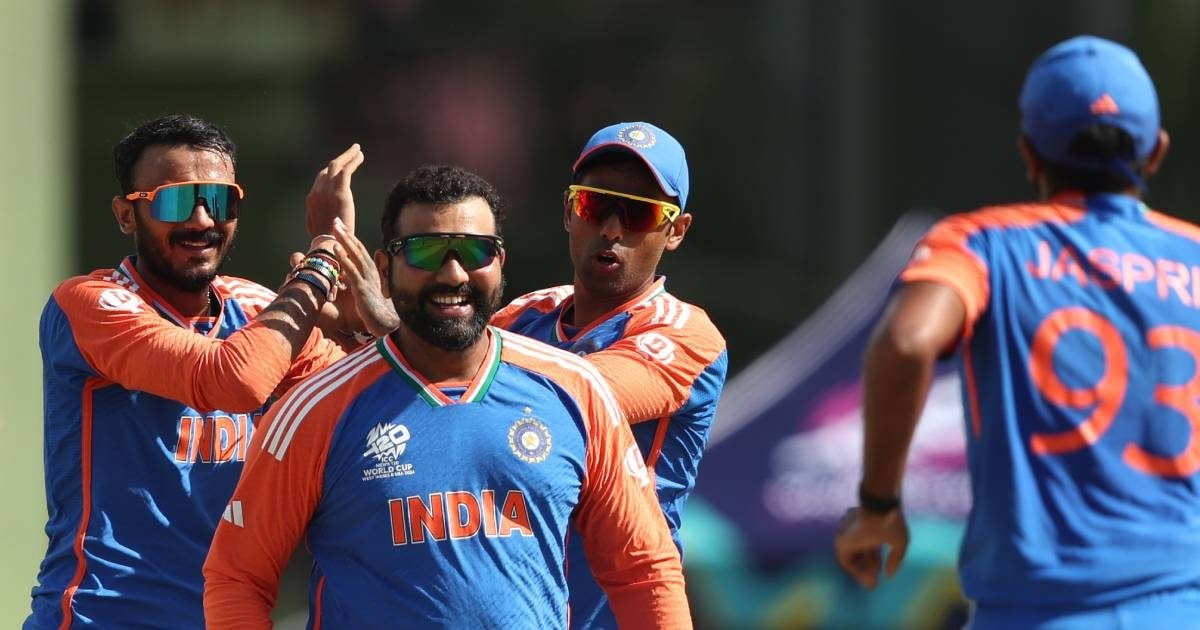
'The title of the law is incorrect'
The petition filed by Anjali Patel and Chhaya Mishra states that the title of the new laws is not correct. The title that has been kept does not explain the law nor is it fulfilling the purpose. The name of the new law is not clear and there are many contradictions in the sections of the law. The petition states that as far as the Indian Penal Code is concerned, most of the sections in it are similar to the IPC. Also, organized crime has been included in the Indian Penal Code i.e. BNS, which includes vehicle theft, pickpocketing, sale of examination question papers and other types of organized crime.
New laws will come into force from July 1
The definition of organized crime states that if citizens feel insecure due to the actions of an organized gang, then it will be a crime. The feeling of insecurity has not been clearly defined. It has also been said that gangs have not been defined in the Indian Judicial Code. The petition also states that there is a provision of 15 days police remand in case of any crime and it can be taken anytime during 40 days or 60 days of arrest. In this way, this provision will in a way affect the provision of bail during this period. It is worth noting that the current provision is that remand can be taken only within 15 days of arrest. It is worth noting that from July 1, the Indian Judicial Code (BNS), Indian Civil Defense Code and Indian Evidence Act are going to be implemented. There are 357 sections in the Indian Judicial Code. Many terminologies of the old colonial period have been removed.
The new law has been challenged earlier as well
Just before the implementation of the three new laws, it has been challenged again in the Supreme Court. Although this law was challenged on different grounds before this, the Supreme Court did not give any relief to the petitioners. On February 20, the petition in which the new criminal law was challenged was dismissed. The bench headed by Supreme Court Chief Justice DY Chandrachud refused to give relief and said that the law has not been implemented yet. On May 20, the Supreme Court also dismissed the petition. Similarly, in the Kerala High Court, Advocate PV Jeevesh had filed another petition objecting to the Hindi and Sanskrit vocabulary. The petitioners have not got relief from the Supreme Court in the case, so what relief will the petitioner get from the Supreme Court on the new petition? This question remains.
`; articlesDiv.innerHTML += articleHTML; }); } // Initialize and render feeds fetchAndRenderFeeds();





